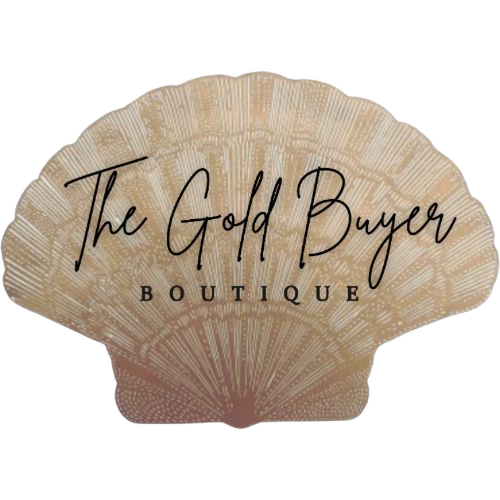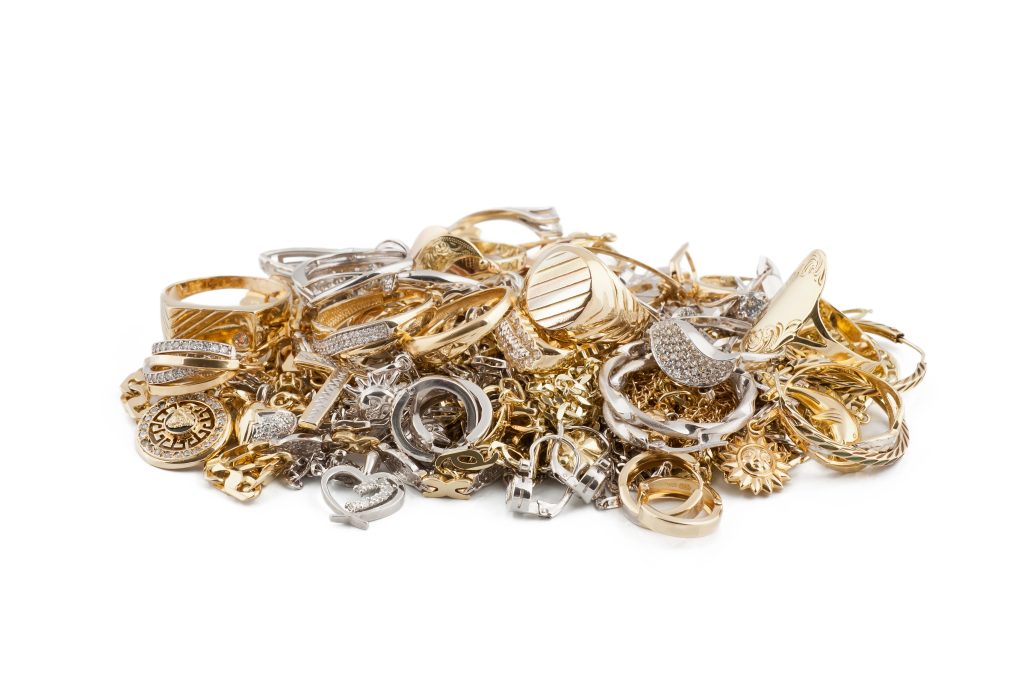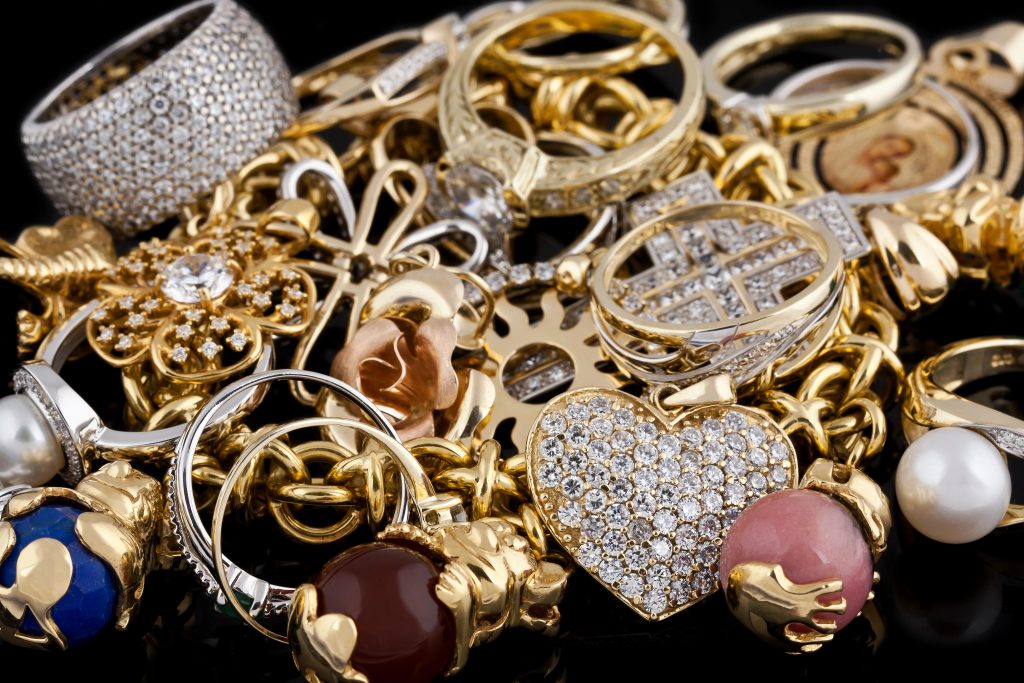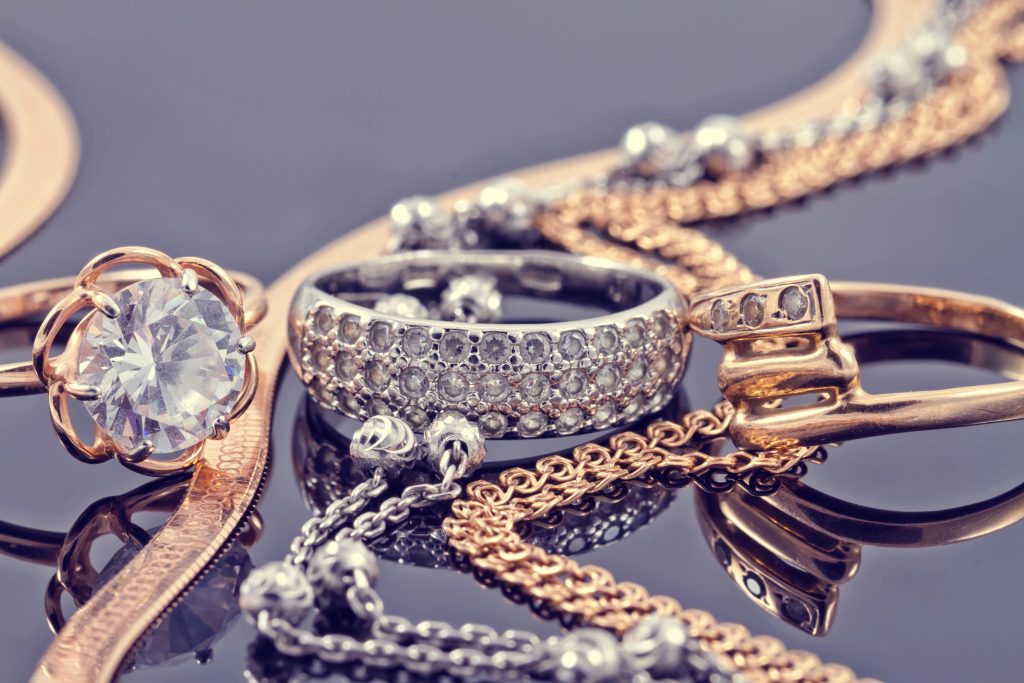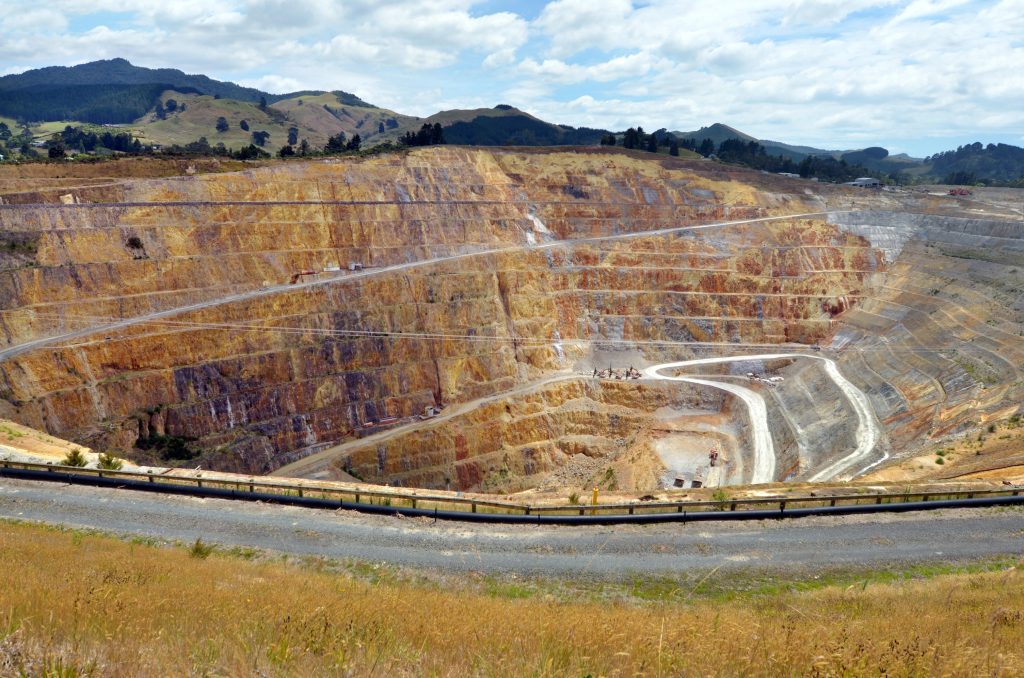Understanding the Value of Scrap Gold Prices in Australia
Gold has always held a special place in human history, symbolising wealth, prosperity, and security. In Australia, a country rich in natural resources and a significant player in the global gold market, understanding the value of scrap gold is essential for individuals looking to sell old jewellery, broken pieces, or unwanted gold items. But what exactly are scrap gold prices, and how are they determined in Australia? Let’s delve into this topic to shed light on the current landscape.
What Is Scrap Gold?
Before exploring the value, it’s crucial to understand what constitutes scrap gold. Essentially, scrap gold refers to any gold items that are no longer used or wanted. This includes broken jewellery, damaged coins, gold scraps from manufacturing, or outdated gold ornaments. Unlike newly minted gold or investment-grade bars, scrap gold is often valued based on its purity and weight rather than its aesthetic or sentimental value.
How Is Scrap Gold Price Determined?
The value of scrap gold is primarily calculated based on its karat purity, weight, and the current market price for gold. Here’s a breakdown of how these elements come into play:
Purity (Karat): Gold purity is measured in karats, with 24k representing pure gold.
Common purities include 9k, 14k, 18k, and 22k. The higher the karat, the purer the gold, and consequently, the more valuable it is. When valuing scrap gold, the purity determines the percentage of pure gold in the item.
Weight: The weight of the gold item, usually measured in grams, directly impacts its value. Accurate weighing is essential for an accurate assessment.
Market Price of Gold: The spot price of gold fluctuates daily based on global economic factors, currency exchange rates, and market demand. In Australia, the local gold price is influenced by international gold markets, especially those in London (London Bullion Market Association – LBMA), New York, and Shanghai.
The Role of the Australian Dollar
Since gold is traded globally in US dollars, fluctuations in the Australian dollar (AUD) can impact local scrap gold prices. When the AUD weakens against the USD, gold prices in AUD tend to rise, and vice versa. This currency fluctuation adds an extra layer of complexity for Australian sellers and buyers.
How Are Scrap Gold Prices Calculated in Australia?
In Australia, scrap gold prices are typically quoted per gram or per ounce. To calculate the approximate value:
Step 1: Determine the purity of the gold item in karats and convert it to a decimal (e.g., 18k = 0.75 purity).
Step 2: Weigh the gold item accurately in grams.
Step 3: Find the current spot price of gold per gram in AUD.
Step 4: Multiply the spot price by the purity decimal and the weight to get the base value.
Step 5: Deduct any assay fees, refining costs, or seller premiums.
Current Scrap Gold Prices in Australia
Gold prices are highly volatile, influenced by geopolitical events, economic data, and currency fluctuations. In addition to the spot price, scrap gold buyers in Australia often apply a percentage deduction to account for refining costs and profit margins. Typically, buyers pay between 85% to 95% of the estimated gold value, depending on the item’s purity and condition.
Factors Affecting Scrap Gold Prices in Australia
Several factors influence the actual prices paid for scrap gold:
Purity of Gold: Higher purity yields higher value.
Weight Accuracy: Precise measurements ensure fair valuation.
Market Conditions: Global economic stability, currency rates, and investor sentiment can cause gold prices to fluctuate.
Item Condition: Damaged or heavily worn jewellery may fetch less. Seller’s Location: Prices may vary slightly depending on the region and local demand.
Buyer’s Premiums and Fees: Different scrap gold buyers may offer varying premiums or deduct fees.
Why Is Knowing Scrap Gold Prices Important?
Understanding the current scrap gold prices in Australia benefits various groups:
Individuals Selling Old jewellery: To ensure they receive a fair price. jewellery
Manufacturers and Goldsmiths: To determine the worth of scrap materials. Investors and
Collectors: To evaluate the value of gold-containing assets they wish to liquidate.
Environmental and Recycling Initiatives: To promote responsible recycling of gold items.
Tips for Getting the Best Price for Scrap Gold in Australia
Research and Compare: Check multiple reputable buyers to compare offers. Get an
Accurate Assay: Have your gold professionally tested for purity.
Understand the Current Market: Keep updated with real-time gold prices.
Know Your Gold’s Purity and Weight: Use precise scales and tools.
Consider Refining Costs: Be aware of deductions that may apply.
Choose Reputable Buyers, like The Gold Buyer Boutique: Look for licensed and transparent gold buyers in Australia.
The Future of Scrap Gold Prices in Australia
Gold prices are expected to remain volatile due to ongoing global economic uncertainties, inflation trends, and geopolitical tensions. For Australian sellers, staying informed about market trends and current prices is vital to maximizing value.
The growing awareness of gold recycling and responsible disposal also influences the scrap gold market. As more Australians recognize the value of their gold scraps, the demand for scrap gold will likely increase, potentially stabilizing or raising prices.
Conclusion
The value of scrap gold prices in Australia hinges on several interconnected factors—market dynamics, purity, weight, and currency fluctuations. By understanding how these elements interplay, individuals can better navigate the gold market, ensuring they receive fair compensation for their unwanted gold items.
Whether you’re selling broken jewellery, gold scraps, or outdated ornaments, staying informed about current prices and market trends empowers you to make confident decisions. Remember, in the ever-changing landscape of gold prices, knowledge is your most valuable asset. Keep an eye on real-time rates, compare offers, and always seek reputable buyers – like The Gold Buyer Boutique – to maximise your returns.
Disclaimer: Gold prices fluctuate constantly. This blog provides a general overview and should not replace professional appraisal or financial advice. Always consult with certified gold appraisers or financial experts before making significant transactions.
